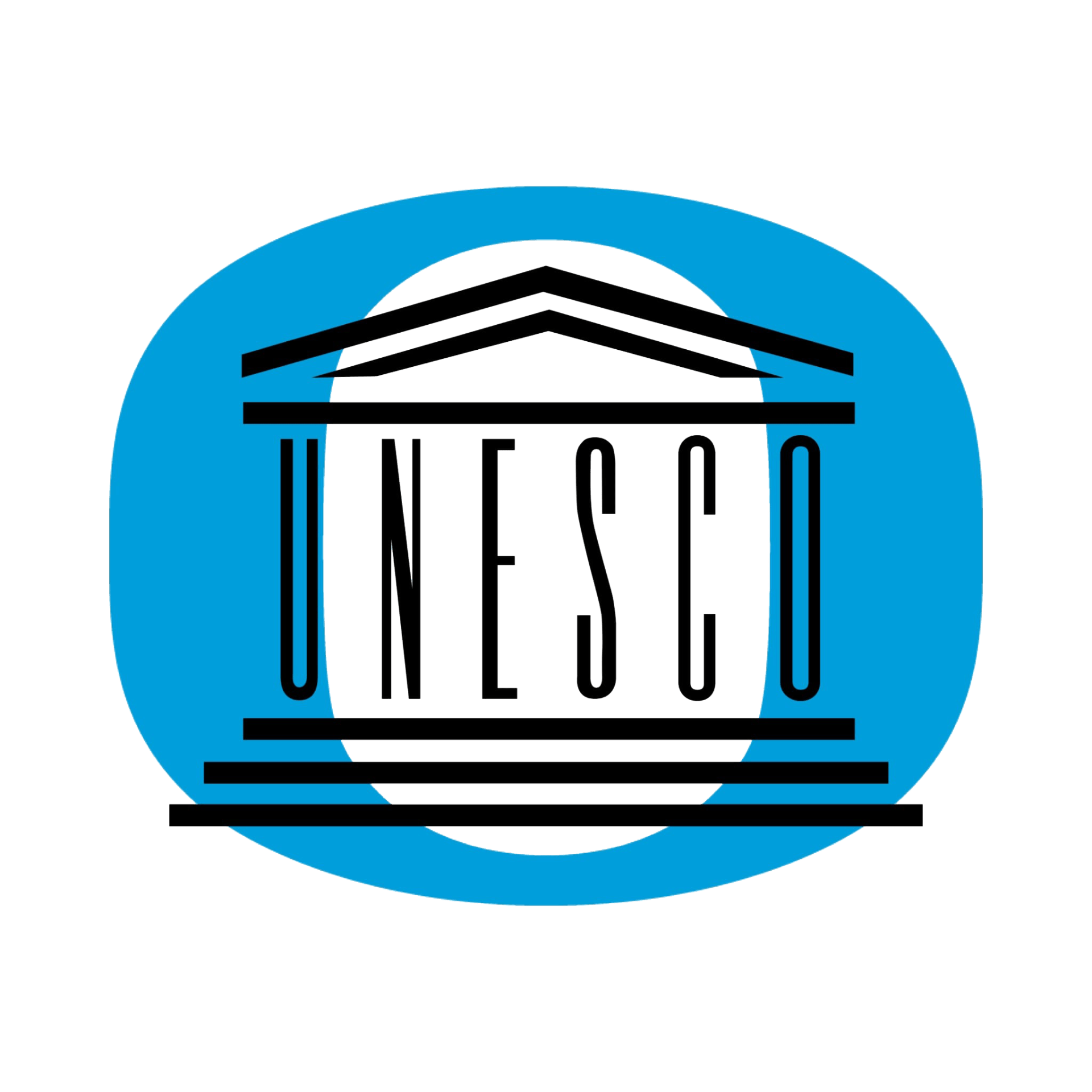Tech companies urged to do more to protect journalists.

Irene Khan (right), special rapporteur with the United Nations, discussed the role of tech companies in preventing digital threats against journalists and activists. Photo by Erica Pulley.
UNITED NATIONS — Surging violent acts against journalists including detention, intimidation, harassment, assault and murder were a central topic of discussion among academics and journalists from around the globe at World Press Freedom Day.
Panelists at various WFPD events expressed concern over the upwards trends in digital threats harassing journalists and activists. Alongside policy changes, tech companies will play a critical role in building systems that prevent such attacks, which, in turn, will make online spaces safer.
Social media has become vital for sharing information, organizing, mobilizing and protesting, especially in countries where press freedom is weak or simply nonexistent. David Rohde, the executive editor for NewYorker.com, pointed out that technology and social media have been instrumental in documenting crimes, especially police brutality — the murder of George Floyd, for instance. However, he says, it has left women and people of color more vulnerable to online attacks.
Online attacks include but are not limited to, circulating fake news on social media platforms and issuing death and rape threats to women journalists and activists. Along with digital threats, activists and journalists are concerned about shadowbanning that eliminates their reach on social media platforms. If a user is shadowbanned, their content will not appear on anyone’s feed. Rana Ayyub, journalist and columnist for the Washington Post, said she was being shadowbanned on Twitter after noticing that her reach was significantly downsized. She received no explanation from the company.
“The Indian government is using social media to discredit journalists and activists,” she said while explaining she has faced persecution from the Indian government and is consistently subjected to online violence “Tech companies have to realize that they are playing a huge role in enabling fascism and dictatorship all over the world.”
Masih Alinejad, an Iranian-American journalist and women’s rights activist echoed similar sentiments about Iran. She shared her disappointment that tech companies have allowed social media accounts of the supreme leader and president of the Islamic Republic of Iran to exist despite the fact that the leaders have not only imposed an internet shutdown and censored the press, but have also persecuted innocent citizens for merely using social media.
The question: How can the policies of tech companies evolve to protect journalists and activists? Irene Khan, special rapporteur with the United Nations, said online attacks are coordinated; they do not take place in isolation. Therefore, analyzing these digital threats using social media algorithms could offer insight into where they originate as well as how they target journalists and activists. “The key,” said Khan of examining algorithms, “is creating and improving these mechanisms.”
For Iran, Alinejad wants tech companies to pledge their solidarity by kicking the Iranian leaders off social media and providing free internet access to Iranians. “After the brutal death of Mahsa Amini, the government shut down the internet and, during this time, has killed more than 600 innocent people, arrested 20,000 protestors and hanged 5 innocent protestors,” she said. “By blocking the internet, the rest of the world will not know the brutality of the Islamic Republic. We need support from the tech companies, now more than ever.”

